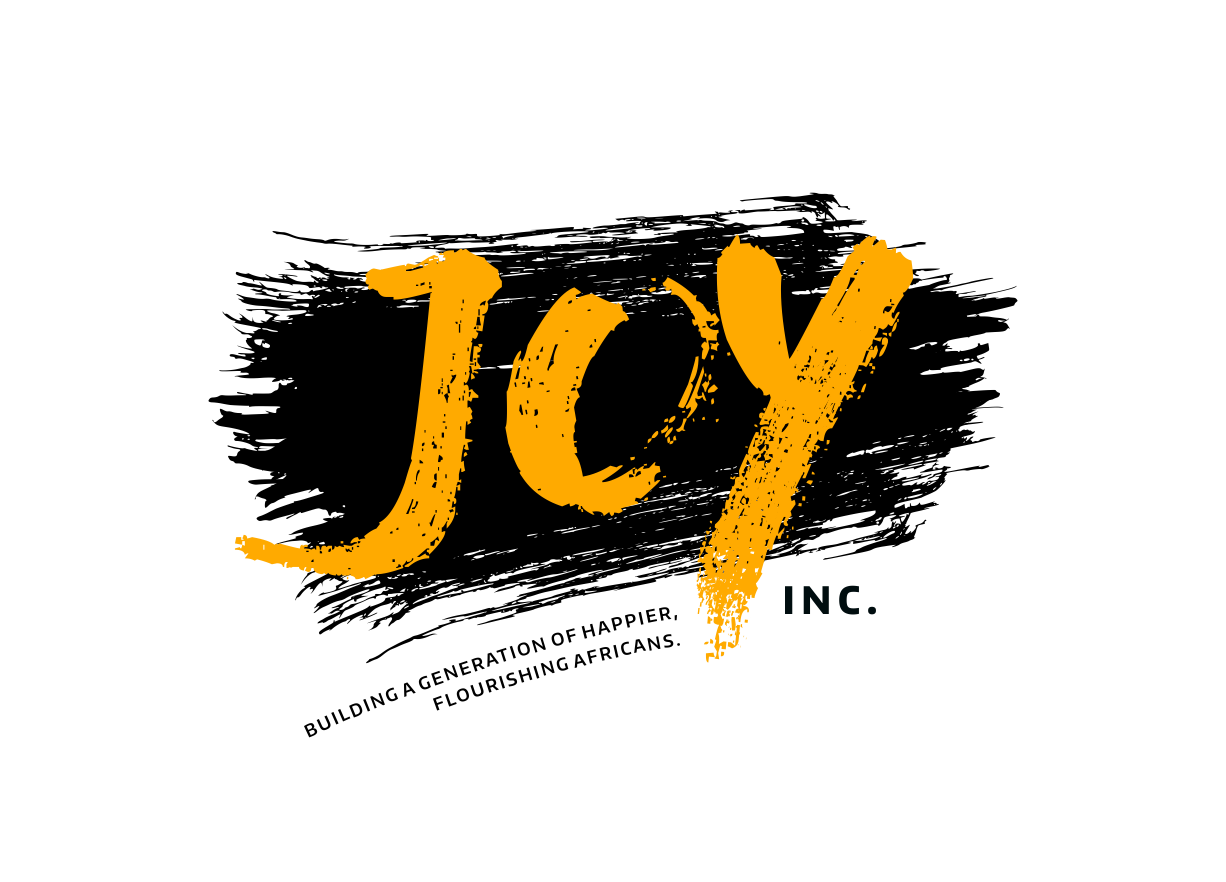
Our vision of the future: 10 Key Pillars
We are keenly aware that ours is a long-term project because we are focused not just on development, but on transforming our societies. While the fruits of this transformation will be fully evident only in the mid-to-far future, we know that the ultimate act of altruism is to build a future we may not participate in, but will leave behind as a gift for generations after ours.
So, with our eyes focused on 2050, we have a 12-fold vision for the future of countries across West, East, and Central Africa, which is where our work is focused.
They are broken into two categories: the basics, and then the values that resonate from the top values that Danish citizens credited for their number one position on the 2016 World Happiness Report. We share a stirring for these values and have already seen them resonate culturally in African nations including Ghana, South Africa, Rwanda, Mauritius, Namibia, Senegal, and Botswana, as well as our proprietary research out of Nigeria.
“
How can new metrics of human success – happiness, human flourishing – help Africa leapfrog its considerable challenges, channeling the evidence-based power of positive emotions?
The Basics
- It took China only about two decades to move over 500 million out of extreme poverty, from 88 percent in 1981 to 6.5 percent in 2012. That rate is now 2 percent at 2017, on track to complete eradication by 2020. Its government claims the credit, but alternative sources make a credible case about what its citizens have done to change their own destinies. We envisage our target countries without poverty by 2050.
- Rwanda is lauded for having one of the highest-quality healthcare systems in Africa, and all of it free of charge. Long-term pain and health failure is identified as one of the more urgent causes of unhappiness in the world. We envisage our target countries with universal free access to high quality healthcare by 2050.
- There is already a global consensus about the indispensability of education to open minds, and giving people the tools they need to engage the world with clarity and autonomy. But in a new world, the scope of education needs to expand radically to equip children and adults with the skills they need to change their worlds, not just better their lots. “From Singapore and China to Britain, policymakers and educators are investing more time and money in scientific research on character, and governments are thinking about a life well lived.” We envisage every child getting a high quality, well-rounded education in our target countries by 2050.
- The right of a person to get a job, with the choice of autonomy to not just gain control over their destiny, but also be able to contribute meaningfully to the world, should be taken for granted. A job is not just a tool for income but an instrument to change the world, to add value, to be part of the systems that drive human progress. This is possible. Thailand is a developing country that has through smart policy moved from low-income to upper-income in a period of four decades. Unemployment has stayed incredibly low at just over 1 percent from 2001 to 2017, coming in at 1.3 percent in 2017. We envisage target countries where everyone has the opportunity to get a job, as income inequality closes up.


The Values (Modified From The Ministry Of Culture, Denmark)
- Freedom: All kinds of freedoms are crucial to self-actualisation and growth across all arenas of human possibility – race, ethnicity, religion, sexuality, and any other future freedoms that guarantee autonomy, possibility and respect for all people, whatever their differences, especially for minorities – all with same rights and opportunities.
- Hygge: The Danish call “Hygge” a special way of being together in a relaxed atmosphere. We call it ‘play’ – the ability to take a step back from the African idea of ‘hustle’ and just be; with friends, with family, and in community. The acclaimed book Bowling Alone identifies how the disappearance of community has hollowed out American societies.
- Welfare: “In the Danish welfare society, residents enjoy a high level of protection against social and physical risks and benefit from of a range of public goods.” As Bill Clinton memorably put it, “’we’re all in this together’ is a far better philosophy than ‘you’re on your own’.”
- Trust: “The Danish culture of trust is based on an expectation that one’s fellow citizens and public institutions are reliable.” Interpersonal and institutional trust in Denmark is incredibly high. We need societies that have the capacity to choose hope and trust over cynicism.
- Acceptance: “Based on the premise that all people should have the right to decide over their own lives. To demonstrate this means having an open-minded and tolerant attitude and mindset.” It is instructive that the happiness ministry of the United Arab Emirates is built on a foundation of tolerance as a key societal goal.
- Healthy spirituality: “(The) concept of charity and the Protestant ideas about the importance of work, personal responsibility and equality of all people before God have left their mark upon modern Denmark.” These ideas are not solely religious or particular to any religion, as can be seen from the flourishing atheist Chinese society to countries like Denmark founded upon religious beliefs. There is, in addition to all of that, conclusive research about the correlations between spirituality and a life well lived.
This is about a world that knows well being is as important as wealth, and acts accordingly.
This is about healing our world.

